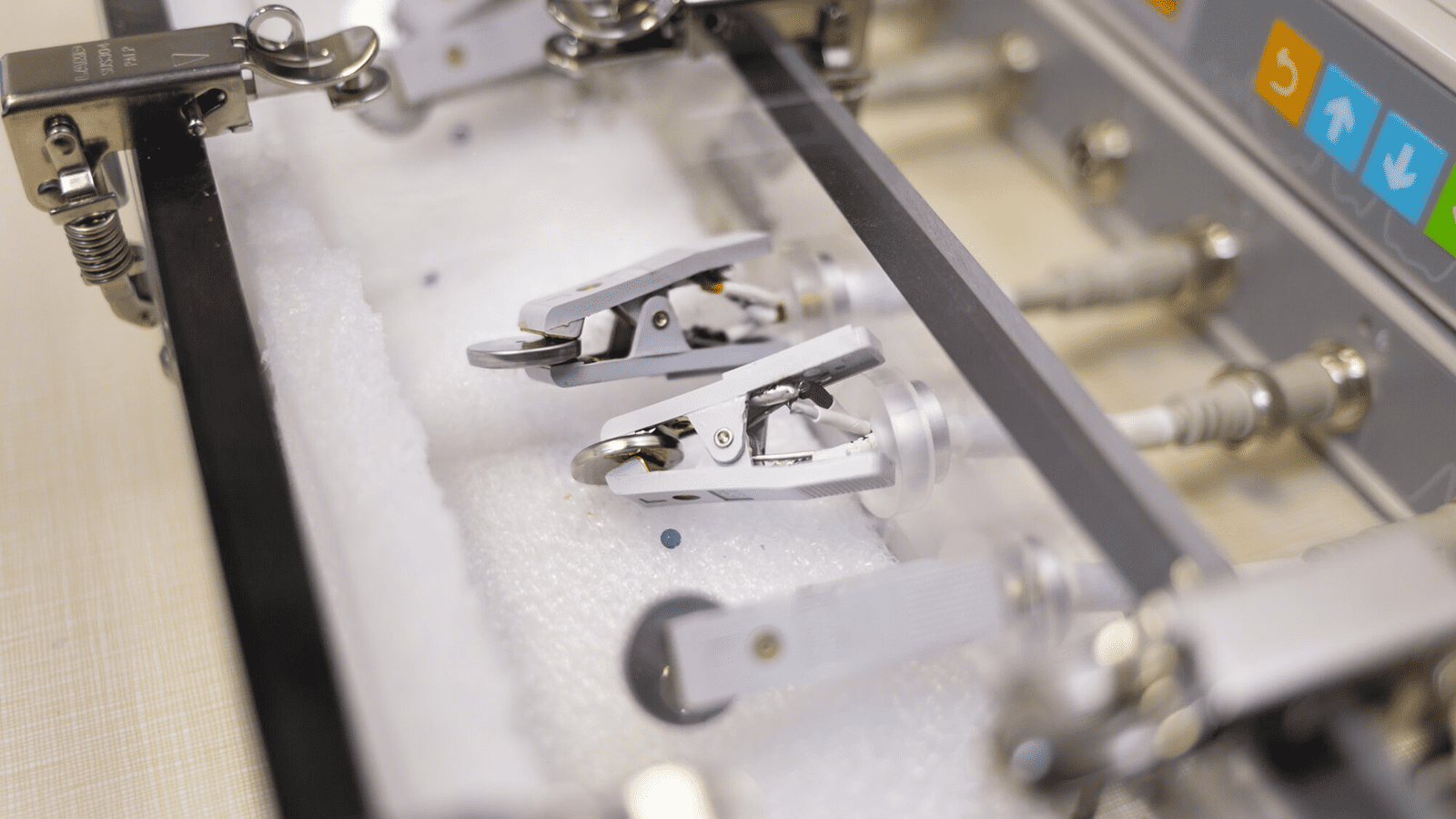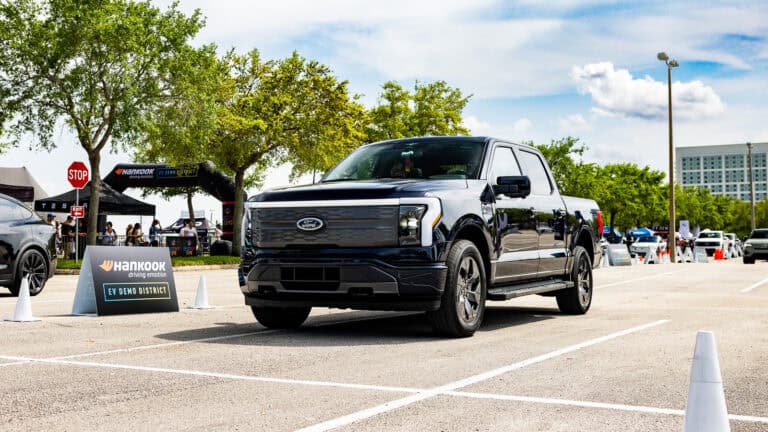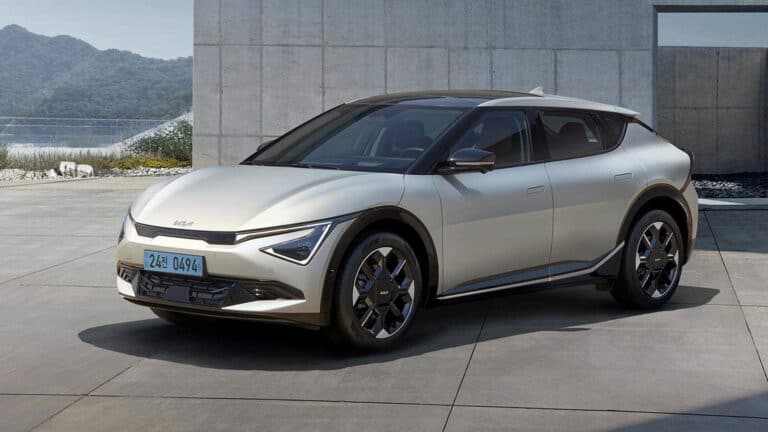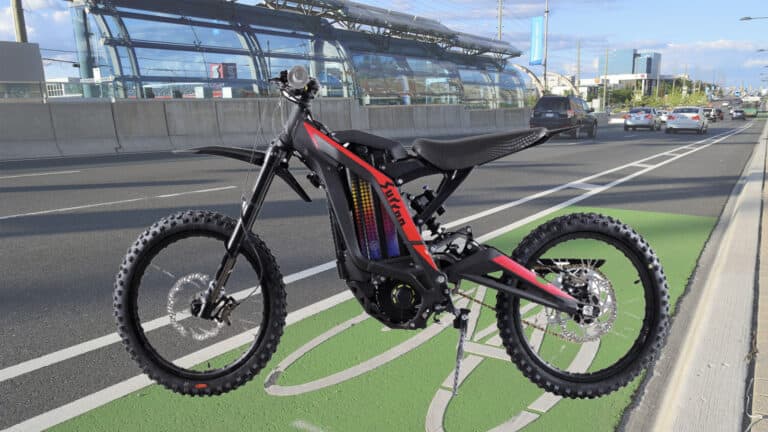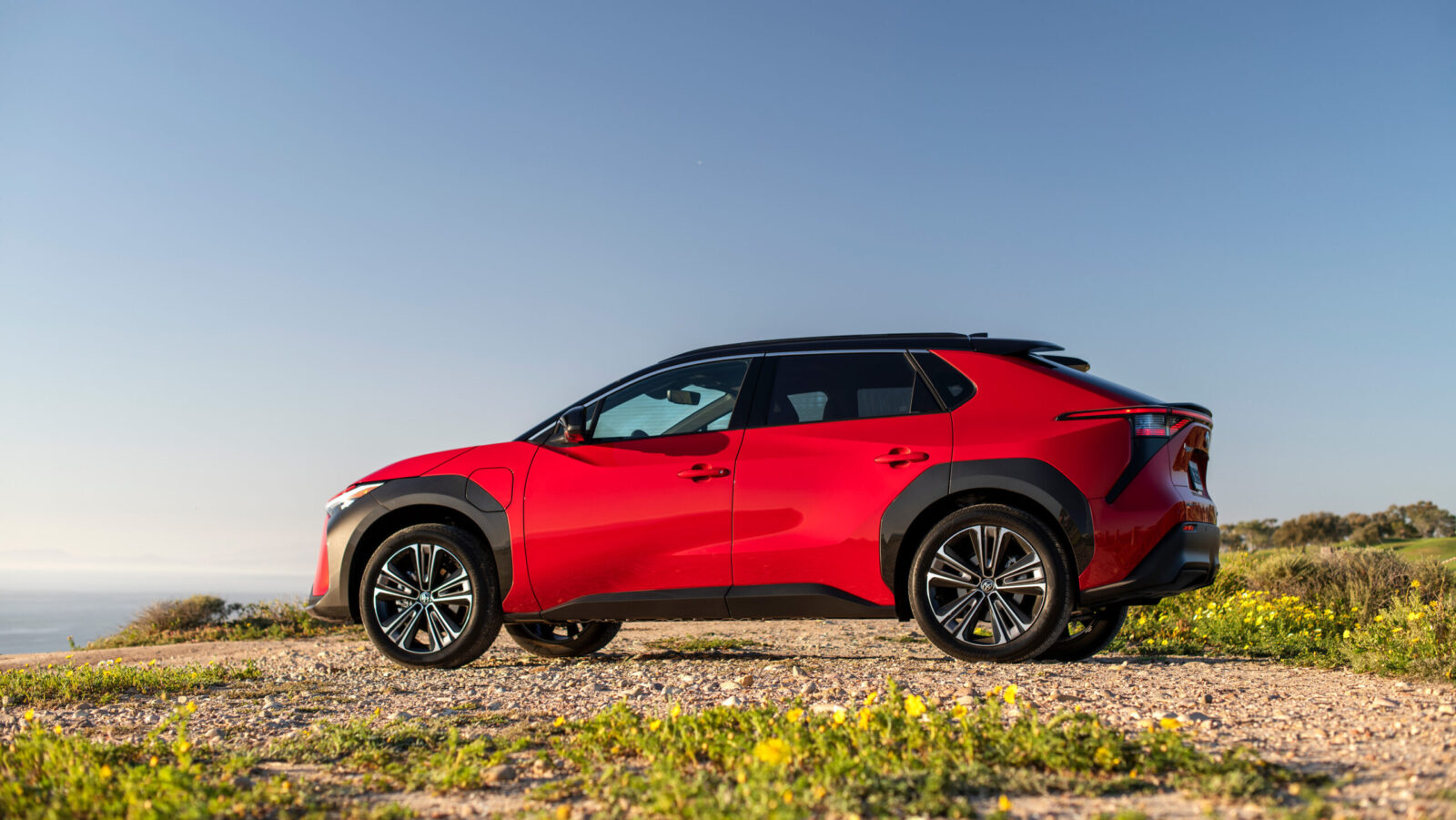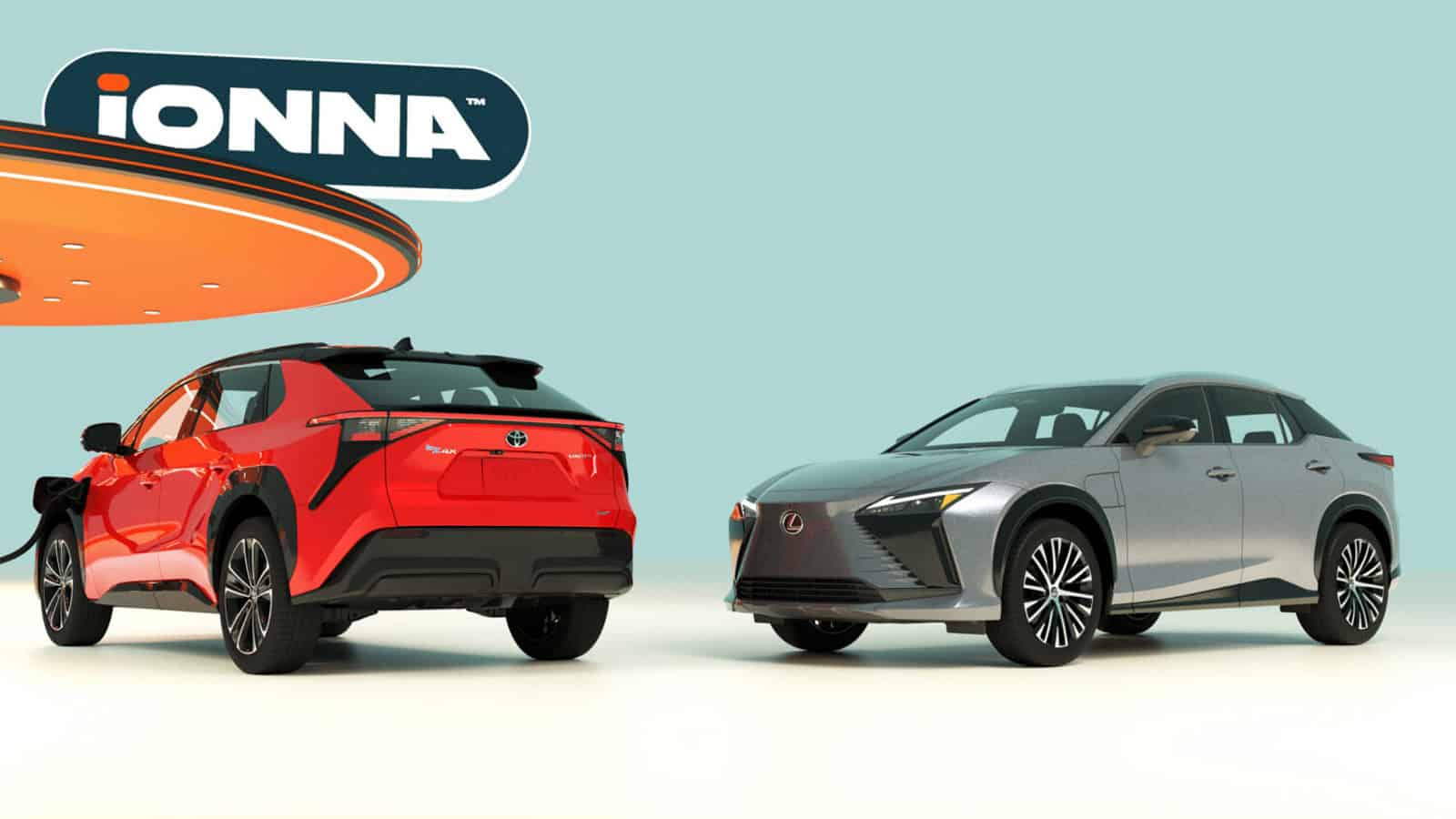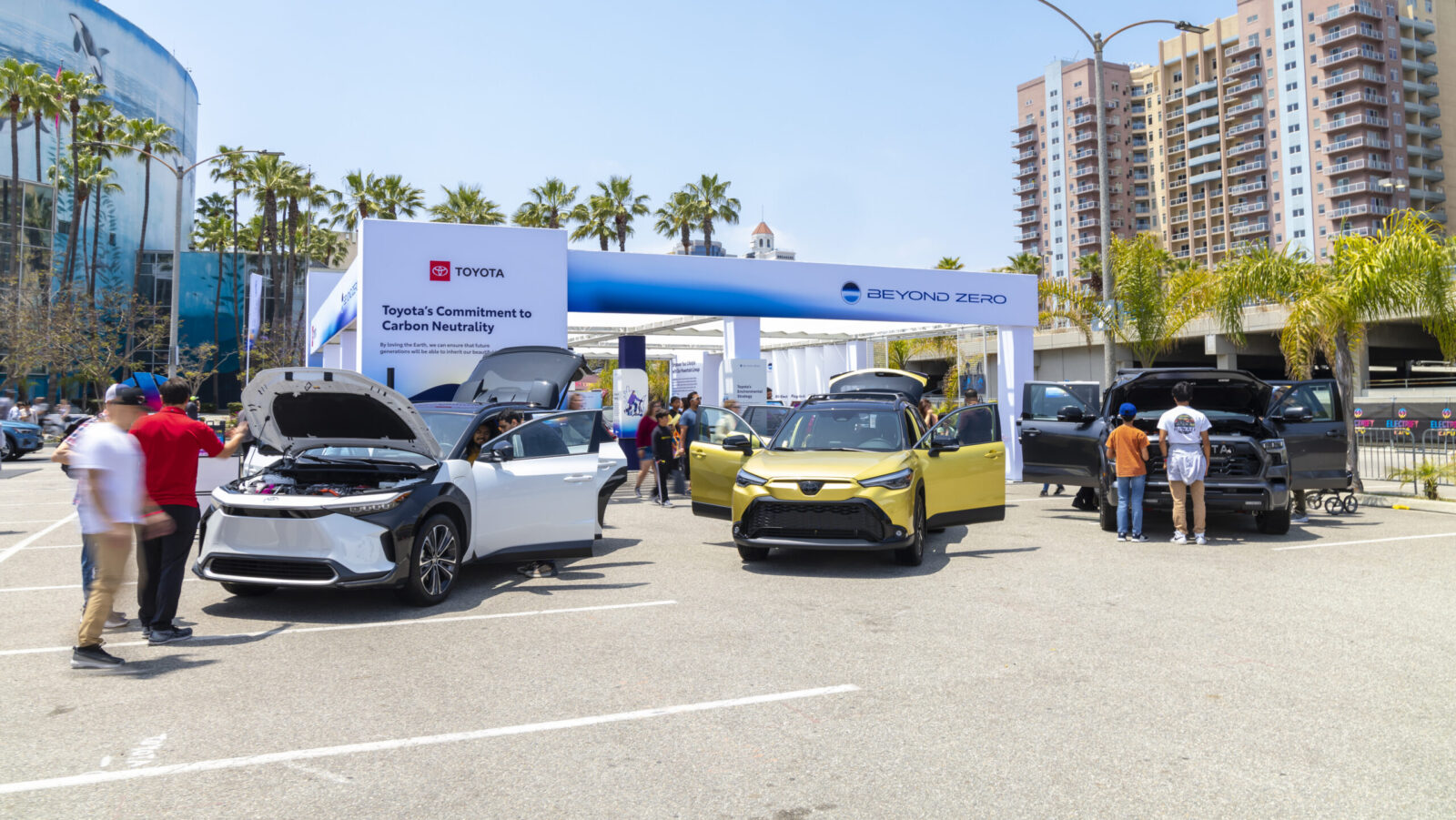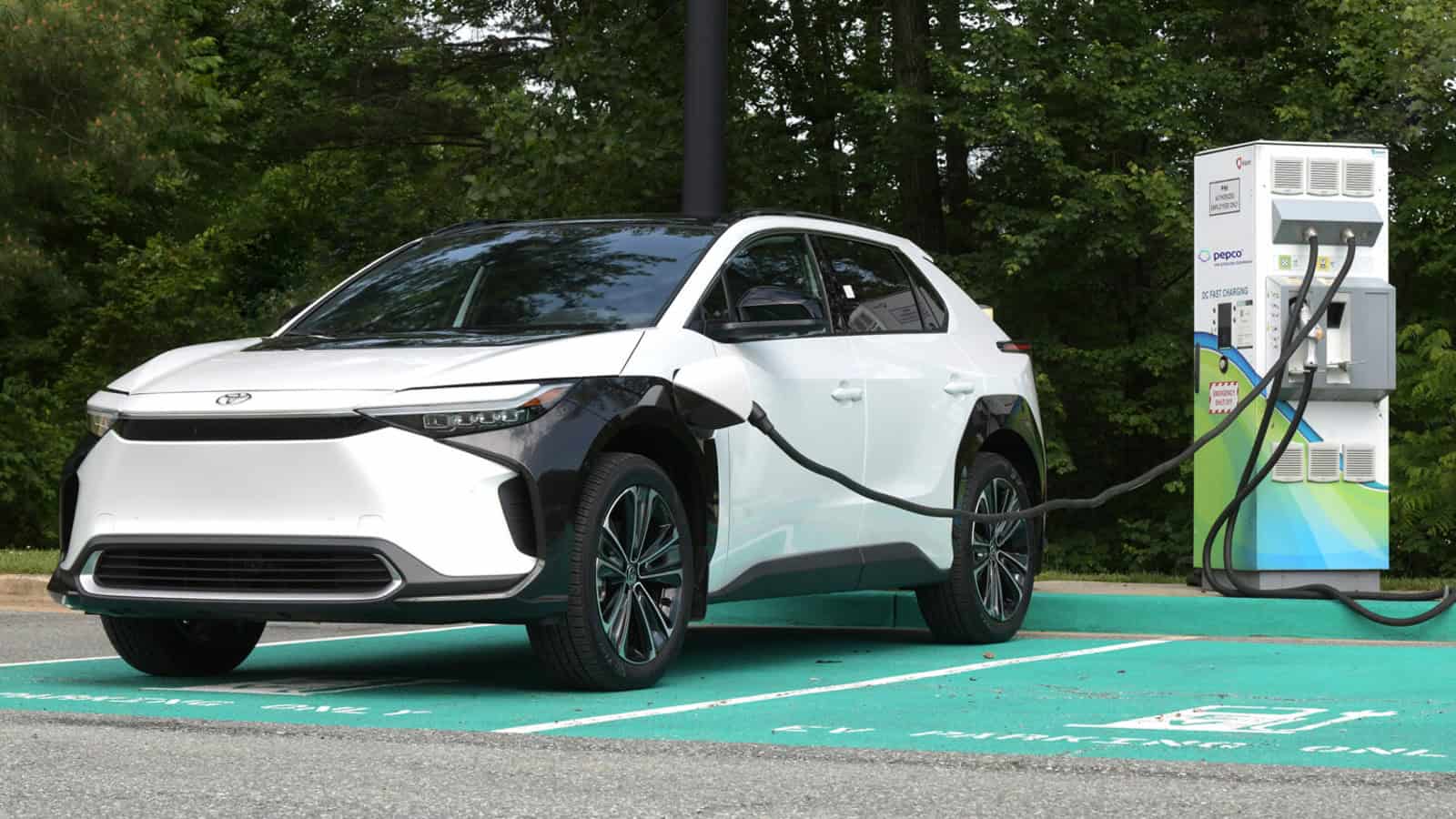- Two research teams have developed a solid-state battery that could eventually power an EV for 1,000 miles.
- This battery technology could eventually power airplanes and boats.
- Continued EV battery research like this could potentially lead to lighter, cheaper EVs in the future.
Scientists at Argonne National Laboratory and the Illinois Institute of Technology have made a major step in EV battery research with a battery cell that could revolutionize the EV industry. They created a solid-state battery that’s currently a lab-scale cell, just about the size of a dime. However, this mighty little piece of tech could increase the range of EVs and be used in short-haul aircraft and heavy trucks.
The researchers published their findings in the journal Science earlier this year.
How the New Battery Tech Works
The team has developed a lithium-air battery. In this, the electrolyte is solid, made up of ceramic and polymer materials that allow the passage of ions.
In previous lithium-air batteries, each oxygen molecule would react with one or two electrons. But in this new battery, each oxygen molecule can react with up to four electrons, making it much more efficient.
This technology has the potential to produce batteries that could power an EV for 1,000 miles on a single charge. That’s three to four times more than most current EVs. Mohammad Asadi, a chemical engineer at Illinois Tech and a co-author of the paper, said that the technology’s energy density and chemistry make it unique.
Potential Applications of This EV Battery Research
The solid-state battery’s potential use would extend beyond just EVs. The technology could help develop batteries for aviation and maritime use. However, it would probably take another decade for the technology to be brought to market.
First off, one of the challenges with EV battery research like this is the need to scale. A truly functional prototype would need to be about 100 times bigger.
In the meantime, major automakers like Toyota, Nissan, and QuantumScape, are working on developing their own solid-state batteries. While Toyota plans to have a solid-state battery by 2025, it will be in a gas-electric hybrid. Nissan has also set a goal to begin selling an EV with solid-state batteries by 2028. At the same time, battery manufacturers like QuantumScape and Solid Power are also aiming to have a few EVs with solid-state batteries on the market within about five years.
Meanwhile, carmakers like Ford aren’t pushing for solid-state technology anytime soon.
Looking Forward Regarding Solid-State Batteries
Solid-state batteries are generally safer than current lithium-ion batteries because they are less flammable. In addition, they have the potential to be more energy-dense. The technology means we would eventually get EVs with smaller battery packs, which then means lighter weights and potentially lower costs.
This is all super exciting, honestly. On the other hand, this is still just early stages of research. We’re probably looking at a decade or longer before this becomes viable for the consumer market. But the potential is there, and EV battery research like this can help push the segment ever forward.

SOURCE | IMAGES: INSIDECLIMATENEWS, SCIENCE | ILLINOIS INSTITUTE OF TECHNOLOGY
FTC: We use income-earning auto affiliate links. Learn more.




